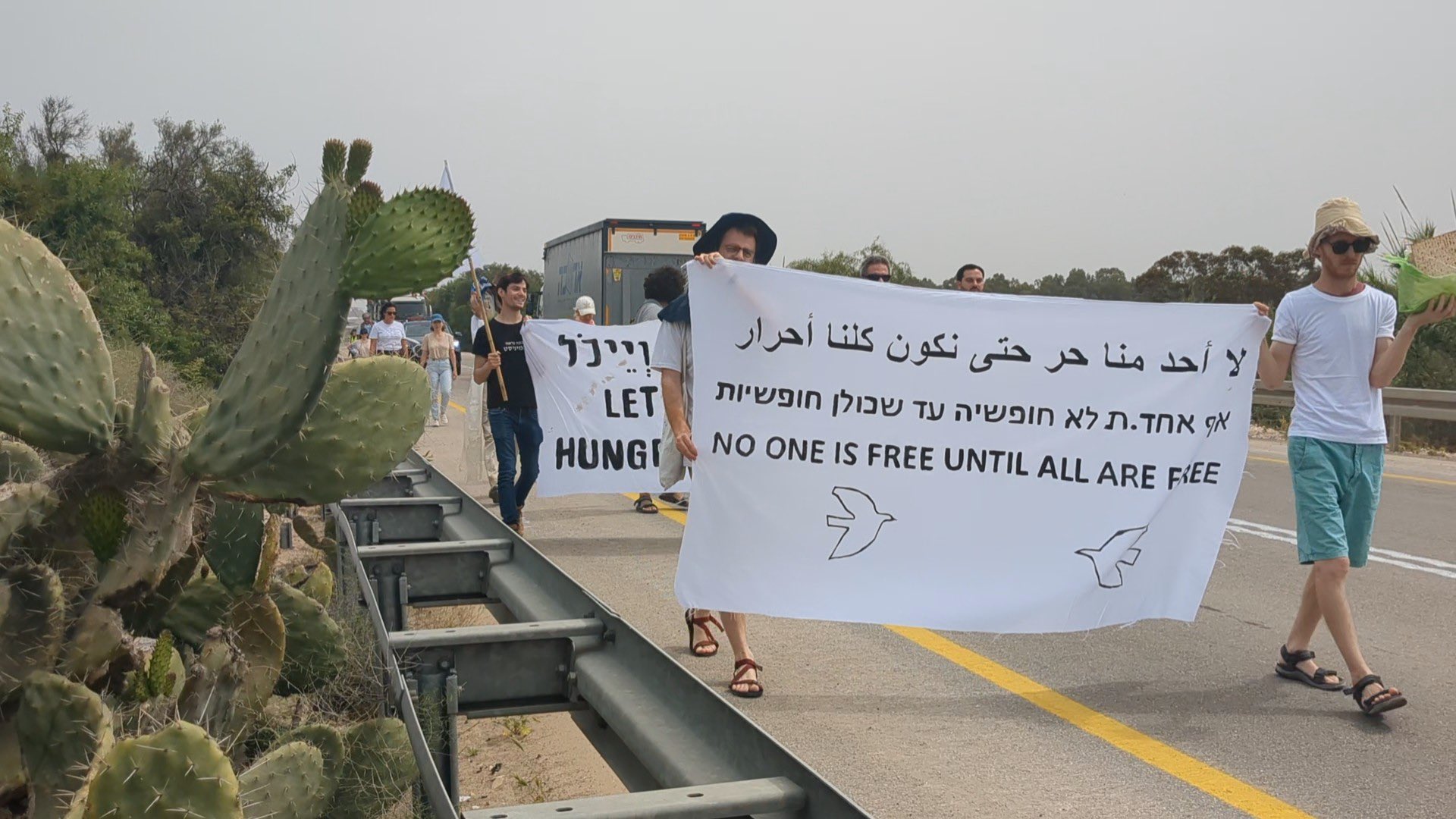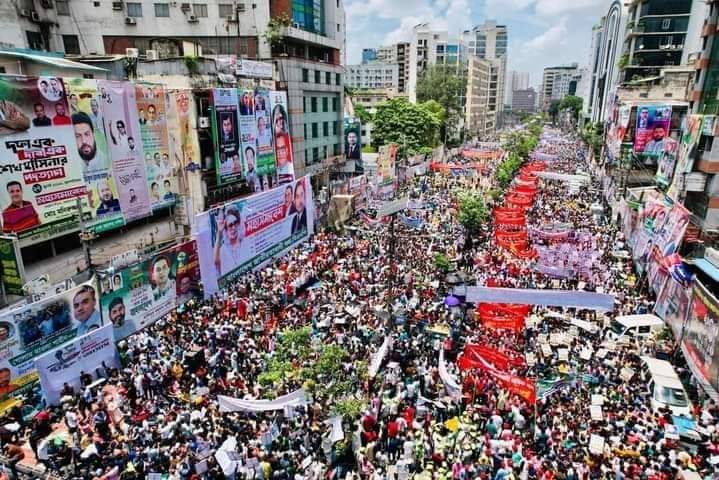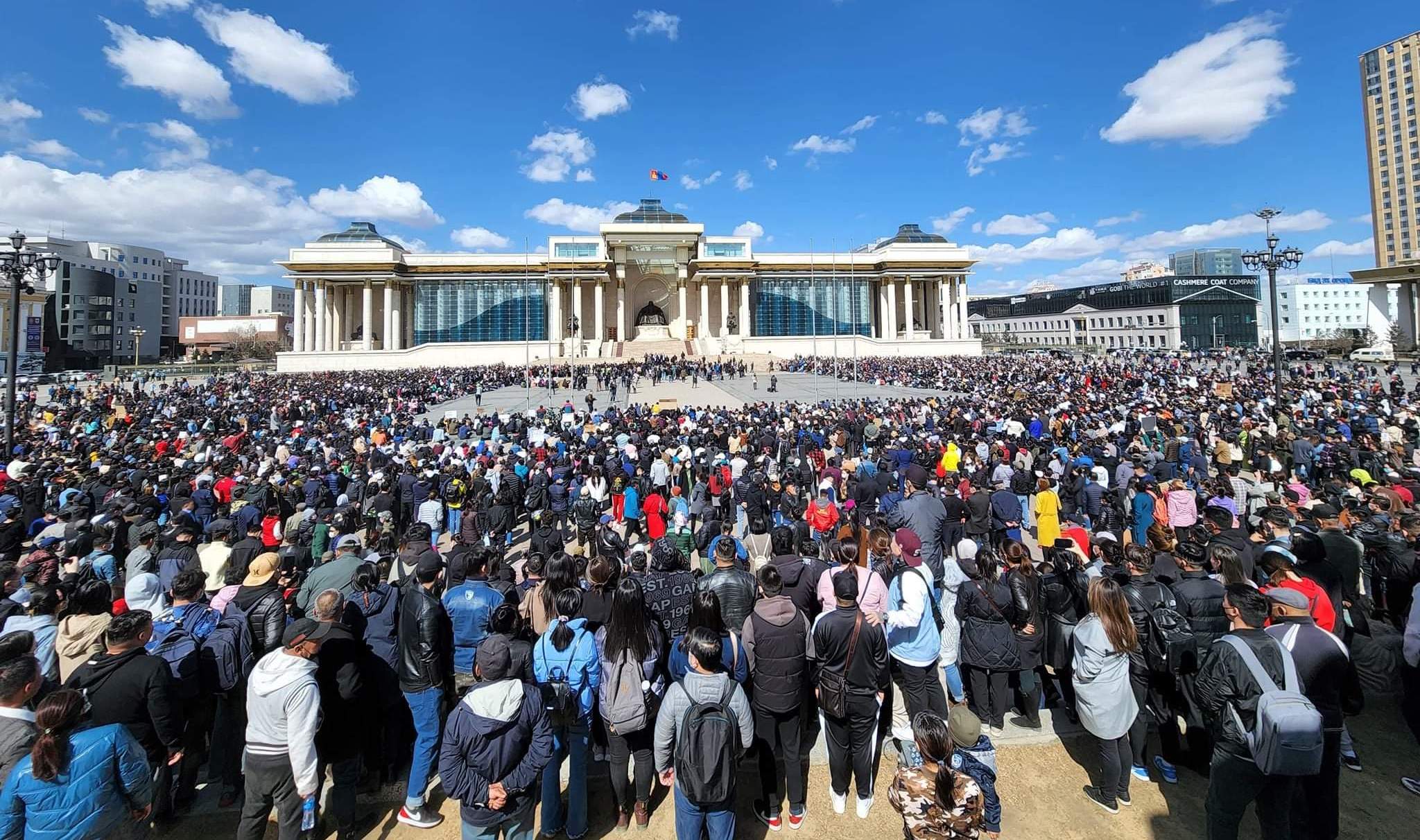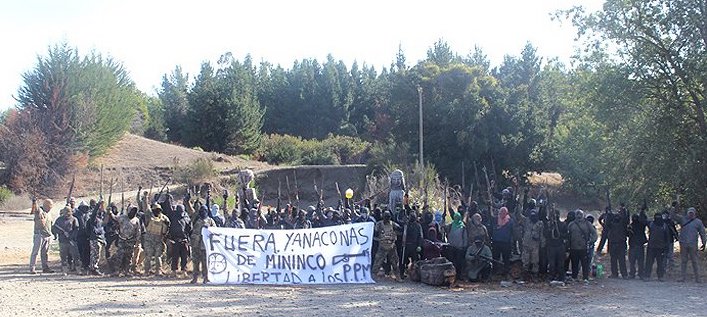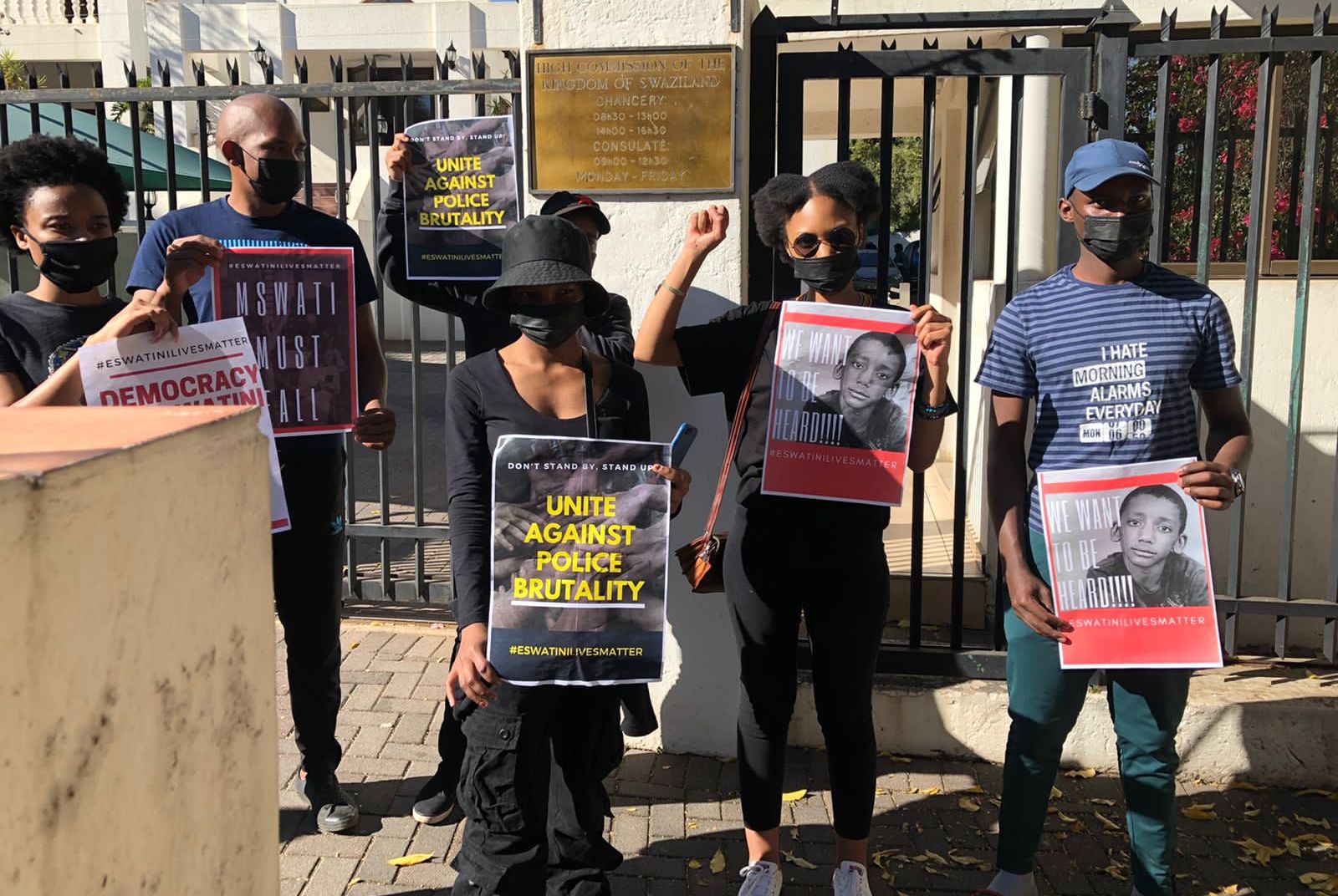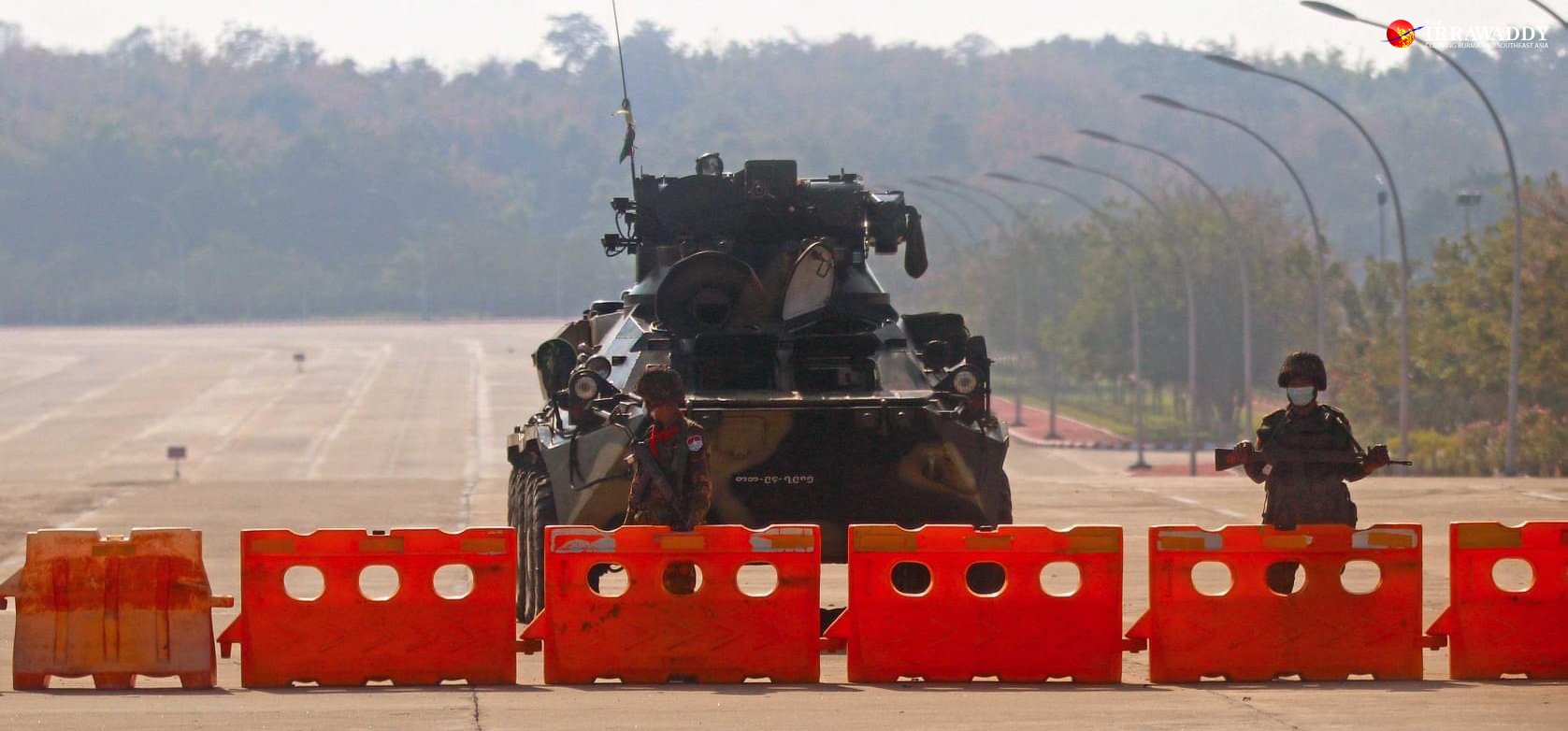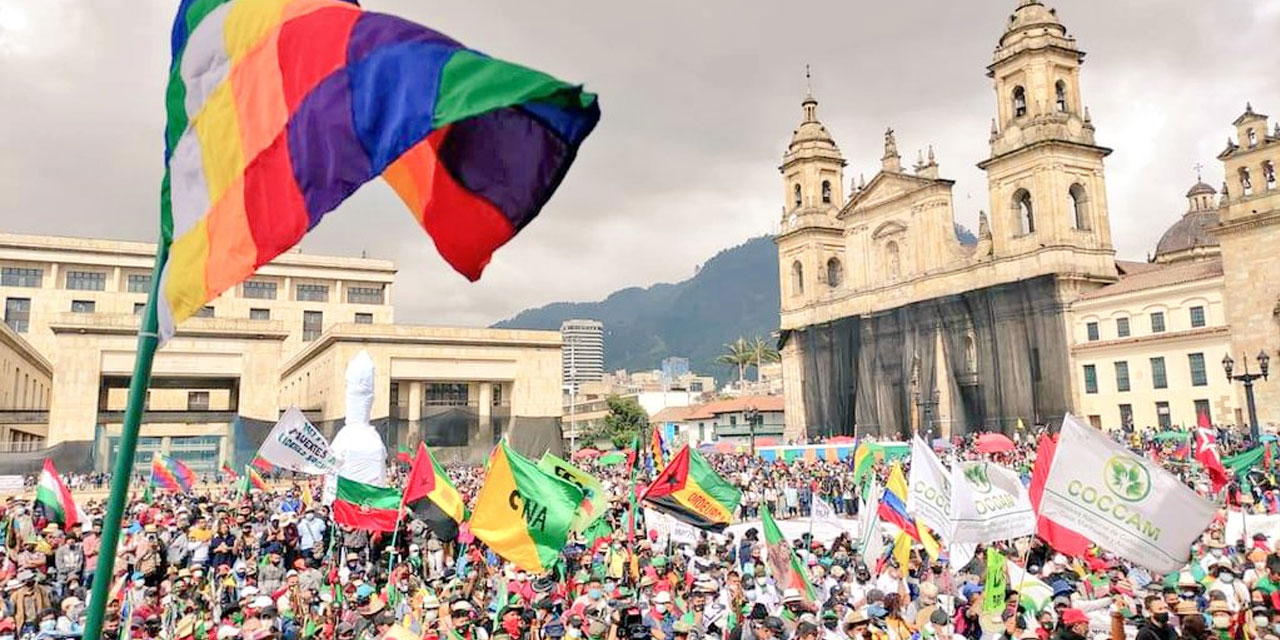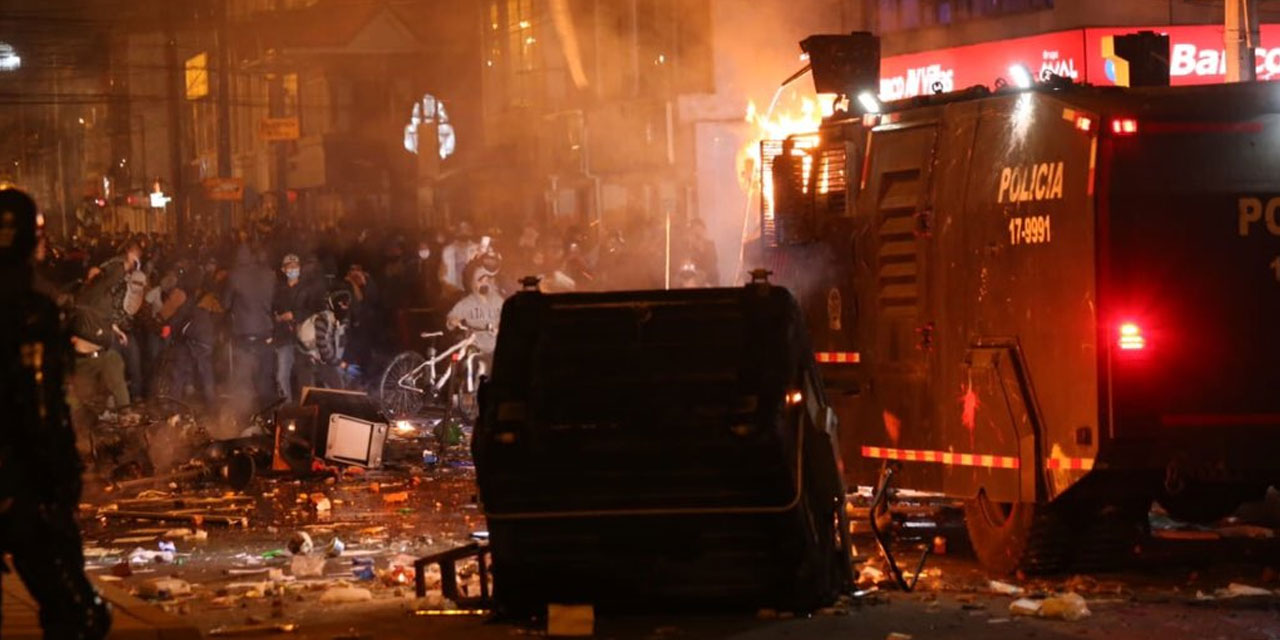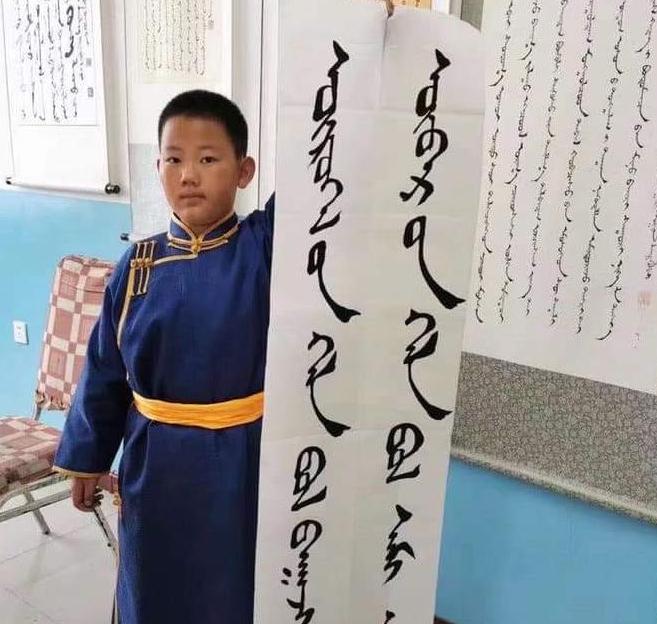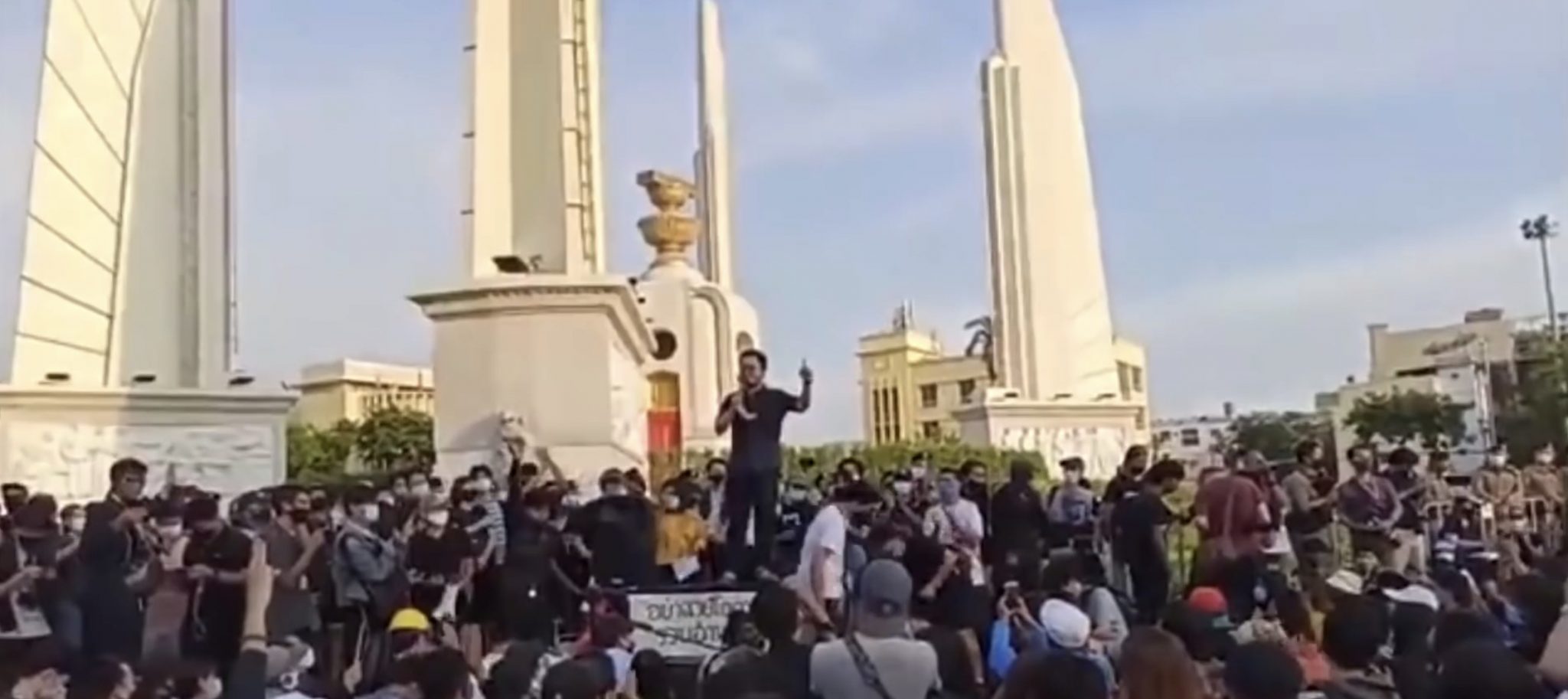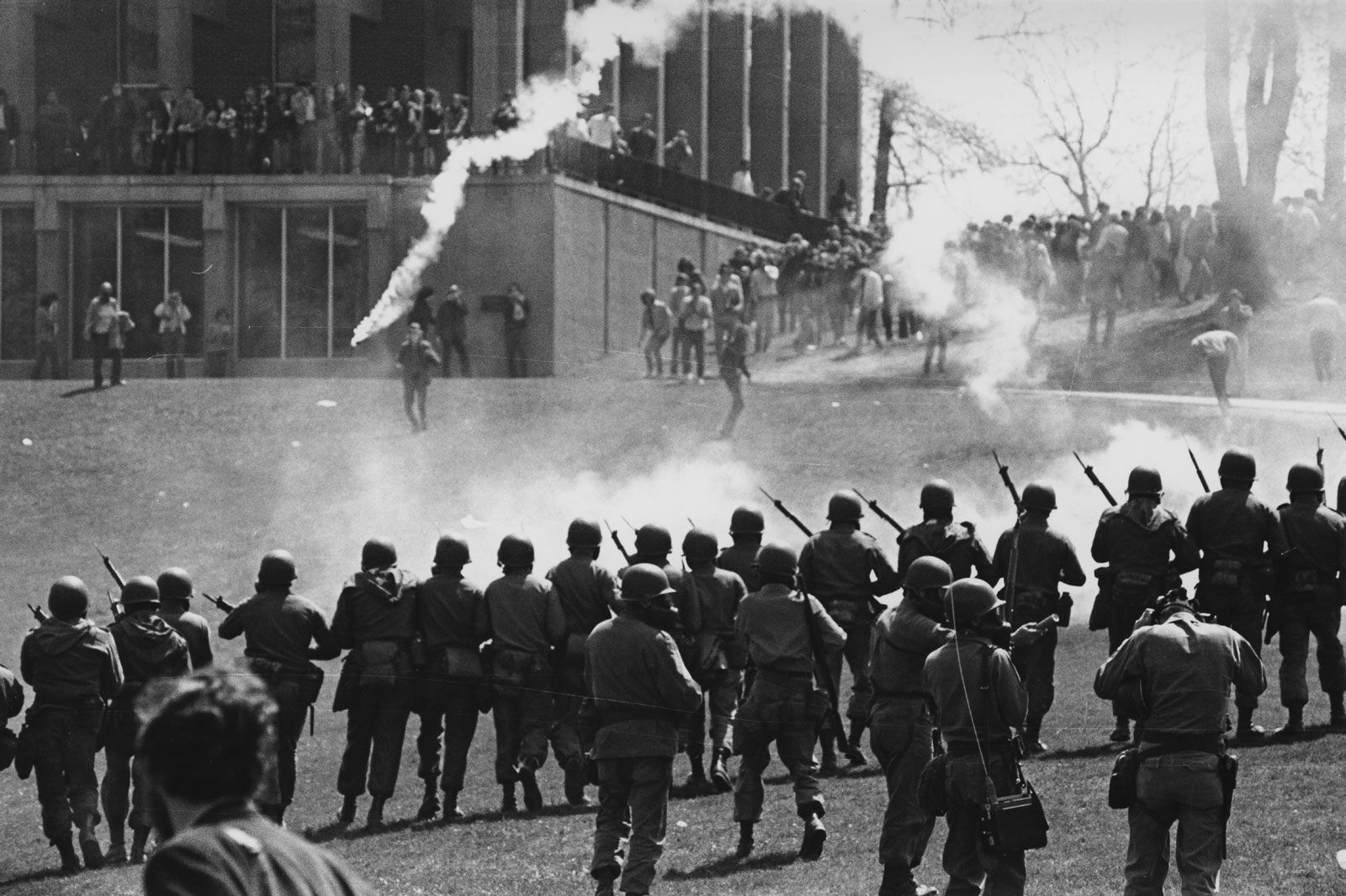
Podcast: Four dead in Ohio. And two in Mississippi.
As the police crackdown on the Gaza protests continues coast-to-coast—drawing concern from Amnesty International—Bill Weinberg notes that this repression comes in the month marking the 54th anniversary of slayings of student protesters at Kent State University in Ohio and Jackson State University in Mississippi. With police now unleashing violence on student protesters in Paris, Amsterdam and elsewhere in Europe, as well as in Jordan and Lebanon, there is an unsettling sense of deja vu. In Episode 225 of the CounterVortex podcast, Weinberg warns that the world could be headed toward an historical moment that rhymes with May 1970. Listen on SoundCloud or via Patreon. (Photo: Kent State University Libraries via Britannica)



